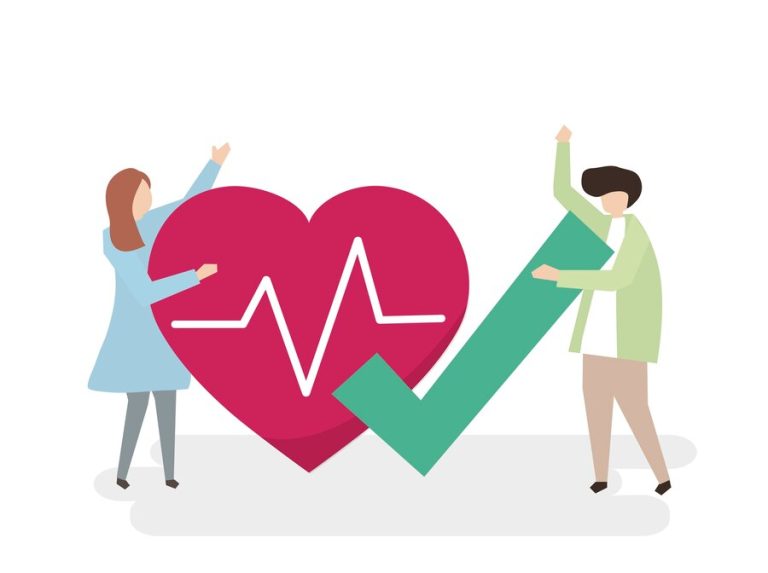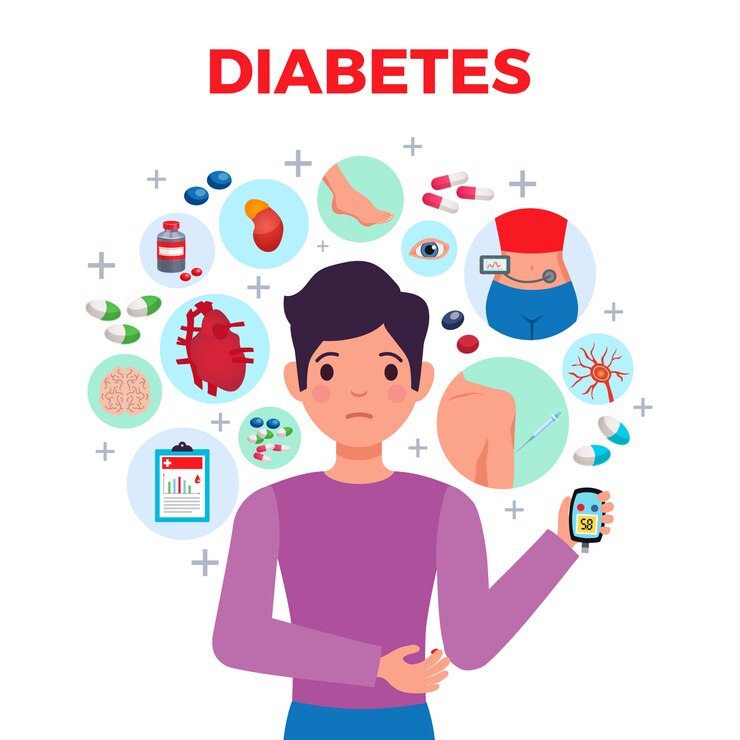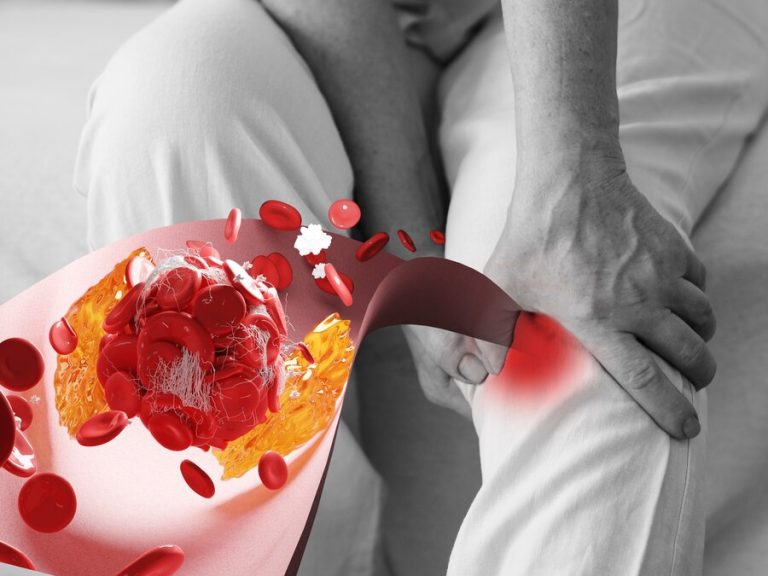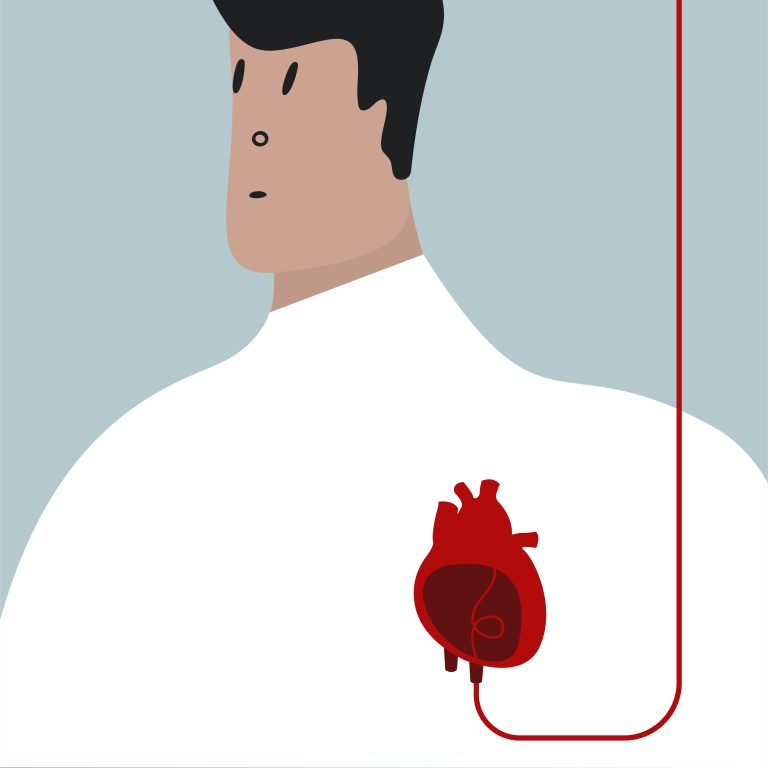Benefit of exercise and healthy food habits on cardiovascular system
Regular exercise and healthy eating habits play a pivotal role in maintaining a healthy cardiovascular system. Physical activity strengthens the heart, improves blood circulation, and helps manage weight, reducing the risk of heart disease. A balanced diet rich in fruits,…






